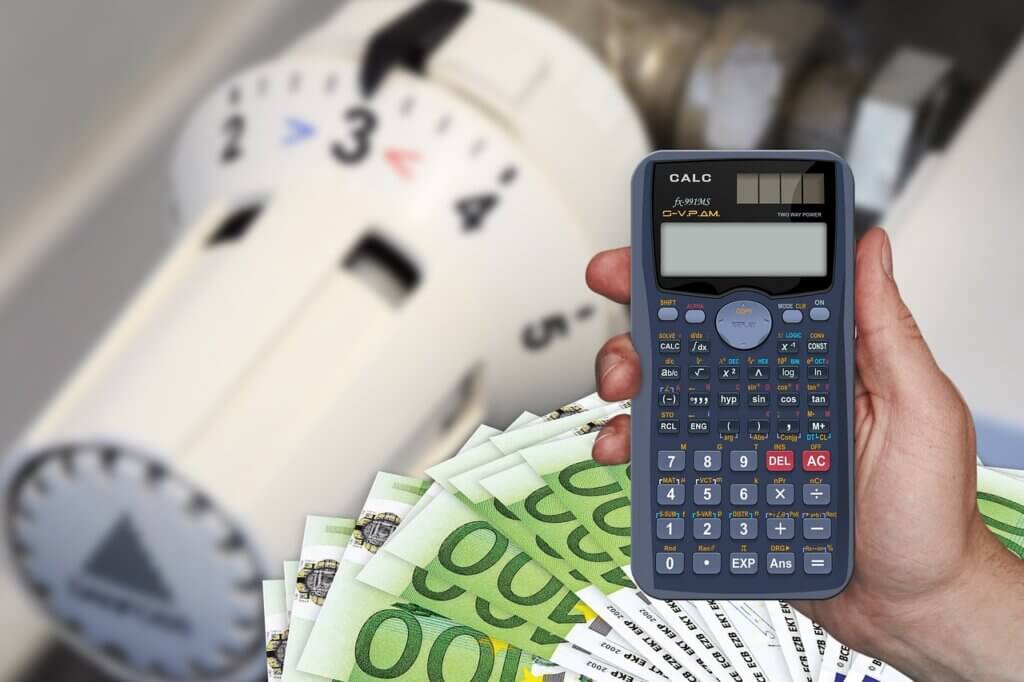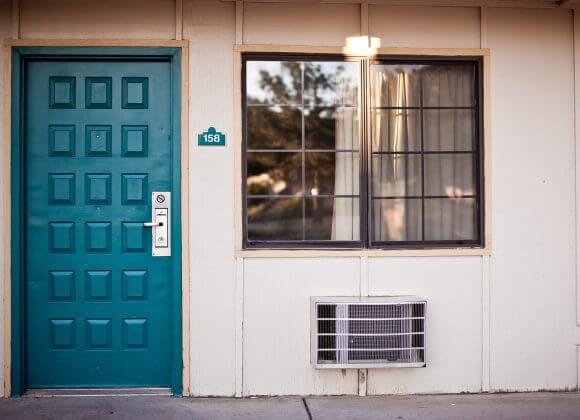Tenants and homeowners who are connected to a shared supply system receive not only their utility bills but also their heating bills once a year. AK housing law expert Clemens Berger knows what the Heating and Cooling Costs Billing Act (HeizKG) is all about in this context.
When does the Heating Act apply?
All tenants and apartment owners whose apartment is heated, cooled and/or supplied with hot water by a shared supply system rather than an individual heating system receive a heating cost statement in accordance with the HeizKG. Tenants of owner-occupied apartments only receive the bill in accordance with the Heating Act if the so-called payer, i.e. the person who is obliged to pay the bill, has been informed of the tenancy. In addition, at least four properties, i.e. apartments or apartments and offices or stores, must be supplied by the shared supply system and consumption must be measured. “In this case, the costs must of course be shared,” says Clemens Berger, housing law expert at AK Wien. There is an obligation for consumption-based billing where it is technically and economically feasible to measure consumption (via measuring devices or heat cost allocators). Otherwise, the costs are apportioned according to usable floor space or utility values, regardless of consumption.
What does individual heating mean?
If a gas boiler or an electric boiler provides hot water and heat in your own home, this is an individual heating system. The Heating Act does not apply here. In this case, billing is based on the respective contract with the gas or electricity supplier. This is referred to as tariff billing, where only the costs for consumption in the home are billed.
What is a “common supply system”?
A “shared supply system” is a central heating and/or central cooling supply system in the building or a district heating or cooling supply. In this case, there is a so-called distribution billing, in which the individual consumers do not pay their own consumption, but a share of the supply costs for the entire building (including line losses).
Who is the heat/cold supplier and who is the heat/cold consumer?
According to Berger, these two terms are of central importance in the Heating Act because the billing is to be transmitted from the supplier to the customer. The supplier is the party who operates a common supply system in their own name and passes on heat or cooling directly to the consumer. The person who takes the heat or cold from the producer in order to pass it on to the customer in their own name is also the supplier. This applies, for example, to the building owner who takes over the district heating at the transfer station and is responsible for supplying the individual apartments in the building. Heat/cooling consumers are the owners or usufructuaries of the building on the one hand and apartment owners on the other. Tenants in an apartment building or the building of a non-profit building association are also considered customers under the Heating Act, as their right of use is derived directly from the owner or usufructuary of the building.
The situation is different for tenants of condominiums: They derive their tenancy rights from the owner of an apartment, but not from the (co-)owner of the entire building and are therefore not heat/cold consumers within the meaning of the Heating Act. However, they are treated in the same way as purchasers with regard to heating cost billing, provided that the supplier has been informed of the tenancy.

What costs can be billed under the Heating Act?
“In principle, energy costs and other operating costs may be distributed for heating systems that are subject to the Heating Act. These are, on the one hand, the costs of the energy sources for heat and cold generation and the operation of the supply system, and on the other hand, the costs of supporting and maintaining the system as well as those for meter reading and billing,” says Berger. The costs for the acquisition and maintenance of the heating supply system may not be charged under the Heating Act. However, there are exceptions for district heating and systems similar to district heating.
How are the costs allocated in the heating bill? divided up?
The majority of the costs are billed based on consumption, with the remainder being allocated according to the usable floor space supplied. The distribution key chosen for the costs can be determined by agreement between the supplier and all customers – however, it must be within the legally stipulated range. Without a corresponding agreement, 70 percent of the energy costs are allocated based on consumption and 30 percent independent of consumption. “If the consumption cannot be read, for example because the meter reader was unable to enter the apartment or a meter failed, the consumption can be determined by extrapolation,” explains Berger.
When do I receive the heating bill?
No specific cut-off date has been set in the Heating Act. “The billing period usually lasts twelve months. After that, the supplier must settle the accounts and send the customers a written settlement overview within six months,” says Berger.
The legislator has laid down a number of requirements for this: Among other things, the billing overview must be clear and contain the start and end of the billing period, the quantity of energy sources and the consumption share of the property used, any surpluses, as well as the information that customers can inspect the complete billing and the collection of receipts within the following month. If no statement is provided or no access to the receipts is granted, customers can enforce this in proceedings before the arbitration board or the district court.
What to do if you have doubts about your heating bill?
Customers can submit written objections to the heat supplier within six months of the invoice being issued. “If this is not done or the deadline is missed, the bill is deemed to have been approved,” says Berger. If the objection is made in good time, proceedings can be initiated within three years of the billing date to check the accuracy of the content.
What happens to surpluses or back payments?
If the statement results in a credit balance for the tenant or owner, this must be refunded by the payer within two months of the statement being issued. If an additional payment is received, this must also be paid within two months. However, the transferor must assert any additional claims within one year of the end of the respective billing period. After that, they no longer have to be paid by the tenant or owner.
And please note: The HeizKG only regulates what proportion of the heating costs is allocated to a specific property. Just because a tenant receives a correct bill in accordance with the HeizKG does not mean that they have to pay the costs 1:1. The actual amount to be paid is determined by the tenancy agreement or the right of residence. This is why apartment owners also pay for repairs to the heating supply system, even though these may not be shown in the bill in accordance with the Heating Act.
Our expert

Related posts:
Operating costs: What tenants & owners should know













